
Jaggery, also known as “gur” in India, is an unrefined natural sweetener made from sugarcane or palm sap. Unlike white sugar, which undergoes heavy processing and loses its nutrients, jaggery retains essential minerals and plant compounds, making it a healthier alternative. It’s been used in Ayurveda for centuries as a natural energy booster and digestive aid. Here’s why you should consider replacing refined sugar with this golden, wholesome sweetener.
1. Rich in Nutrients and Minerals
Unlike refined sugar, jaggery is loaded with trace minerals such as iron, magnesium, potassium, and phosphorus. These minerals help support metabolism, bone health, and blood formation. It also contains small amounts of antioxidants that protect your cells from oxidative stress.
2. A Natural Energy Booster
Jaggery provides a quick release of energy but without the harmful effects of refined sugar. Since it is unprocessed, it digests slowly and releases energy gradually, keeping you active for longer. This makes it a great option for people who experience energy crashes after eating sugary snacks.
3. Helps in Digestion and Detoxification
In Ayurveda, jaggery is traditionally consumed after meals to aid digestion. It activates digestive enzymes and helps cleanse the liver by flushing out toxins. A small piece of jaggery after lunch or dinner can help prevent constipation and improve gut health naturally.
4. Boosts Immunity
The minerals and antioxidants in jaggery strengthen your immune system and help fight common infections. It’s particularly effective during seasonal changes as it warms the body and prevents respiratory issues like cough, cold, and throat irritation.
5. Improves Iron Levels and Prevents Anemia
Jaggery is a natural source of iron, which is essential for the production of hemoglobin. Regular consumption can help prevent iron deficiency anemia, especially in women. Pairing jaggery with vitamin C-rich foods enhances iron absorption for even better results.
6. Supports Respiratory Health
Jaggery acts as a natural cleanser for the lungs and respiratory tract. It helps remove dust and pollutants from the body, making it beneficial for people living in urban or polluted areas. Mixing jaggery with sesame seeds or ginger is a traditional remedy for colds and coughs.
7. A Better Alternative for Sweet Cravings
If you’re trying to cut down on refined sugar, jaggery makes a great substitute. Its rich, caramel-like flavor satisfies sweet cravings naturally while offering extra nutrients. Use it in desserts, tea, or traditional recipes instead of white sugar for a healthier touch.
Final Thoughts
Jaggery is not just a natural sweetener—it’s a nutrient-rich food that offers multiple health benefits. From improving digestion and boosting energy to supporting immunity and blood health, jaggery is a wholesome alternative to refined sugar. However, moderation is key, as it’s still high in calories. Choose organic or unrefined jaggery for the best health benefits and a touch of natural sweetness in your daily diet.
Disclaimer: This article is for general informational purposes only and should not be considered medical advice. Natural foods, herbs, and essential oils may support wellness, but results can vary for each individual. Always consult your doctor or a qualified healthcare professional before starting any new diet, supplement, or treatment, especially if you have an existing medical condition or are taking medication. The author and publisher are not responsible for any possible side effects or adverse reactions from the use of the information contained herein.
MORE FOR YOU
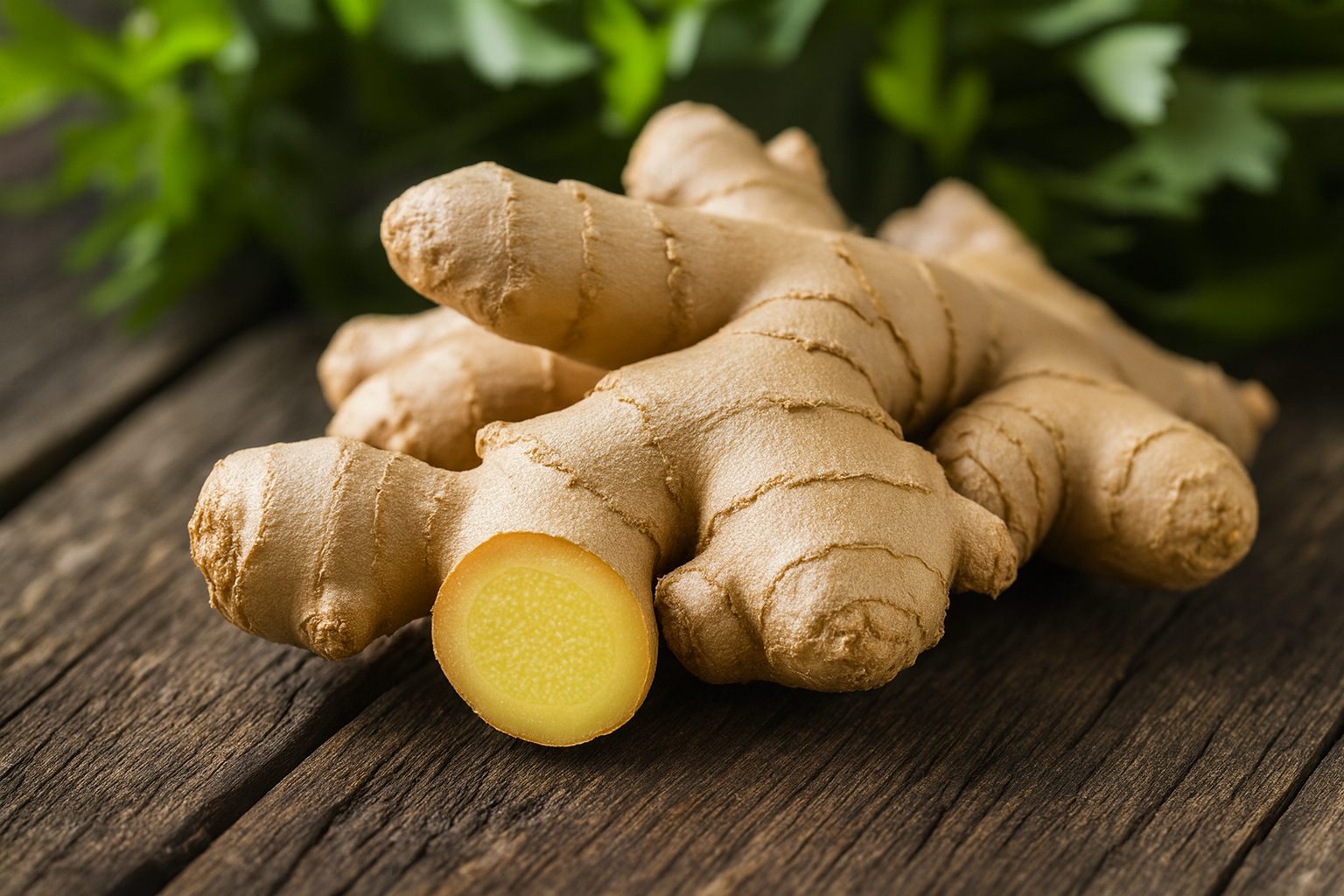
From Digestion to Immunity: The Many Benefits of Ginger
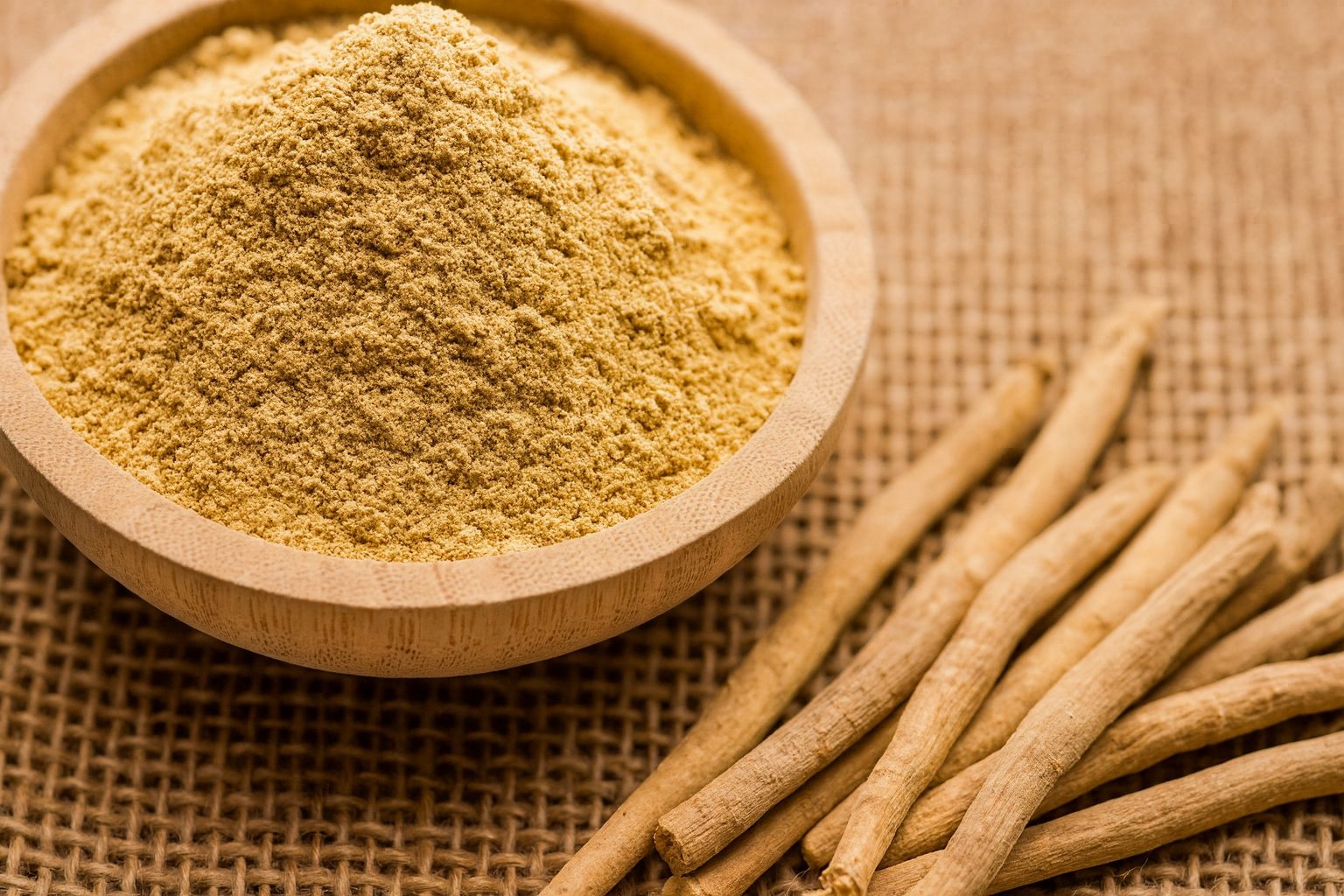
Ashwagandha: The Ancient Herb for Modern Stress
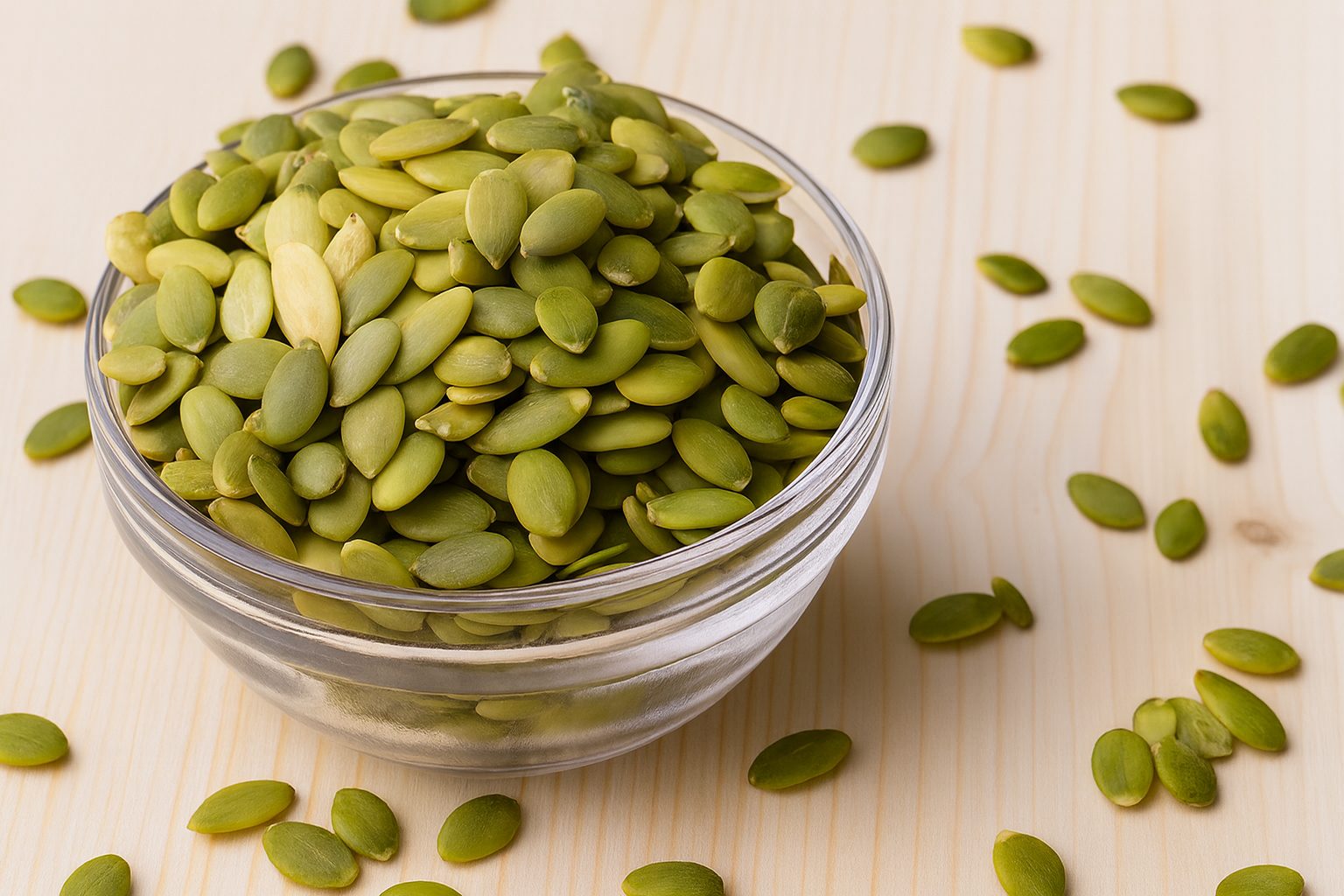
The Superfood You’re Overlooking: Pumpkin Seeds
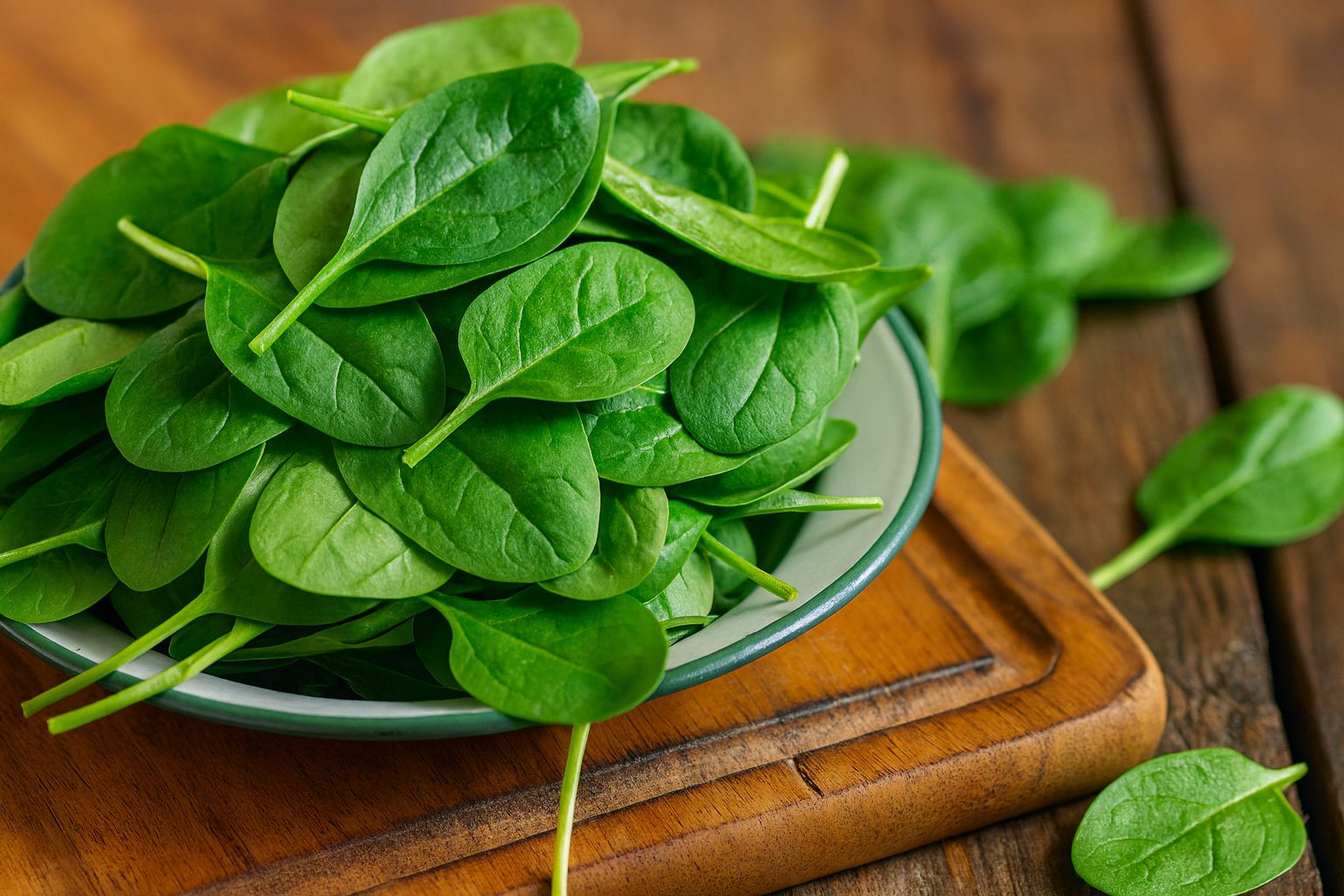
The Nutrient Powerhouse: Health Benefits of Spinach
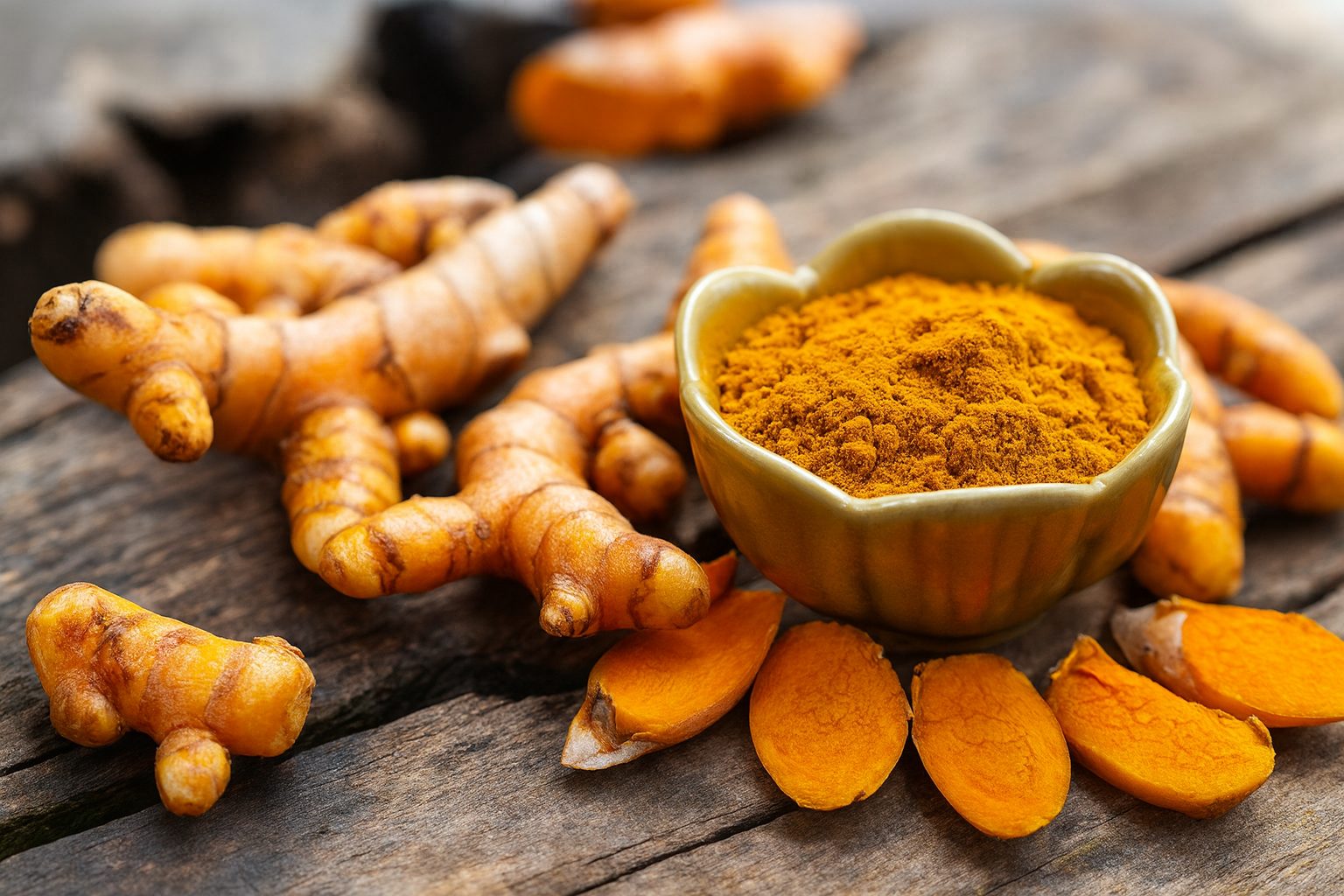
Why Turmeric Is the Golden Spice of Health
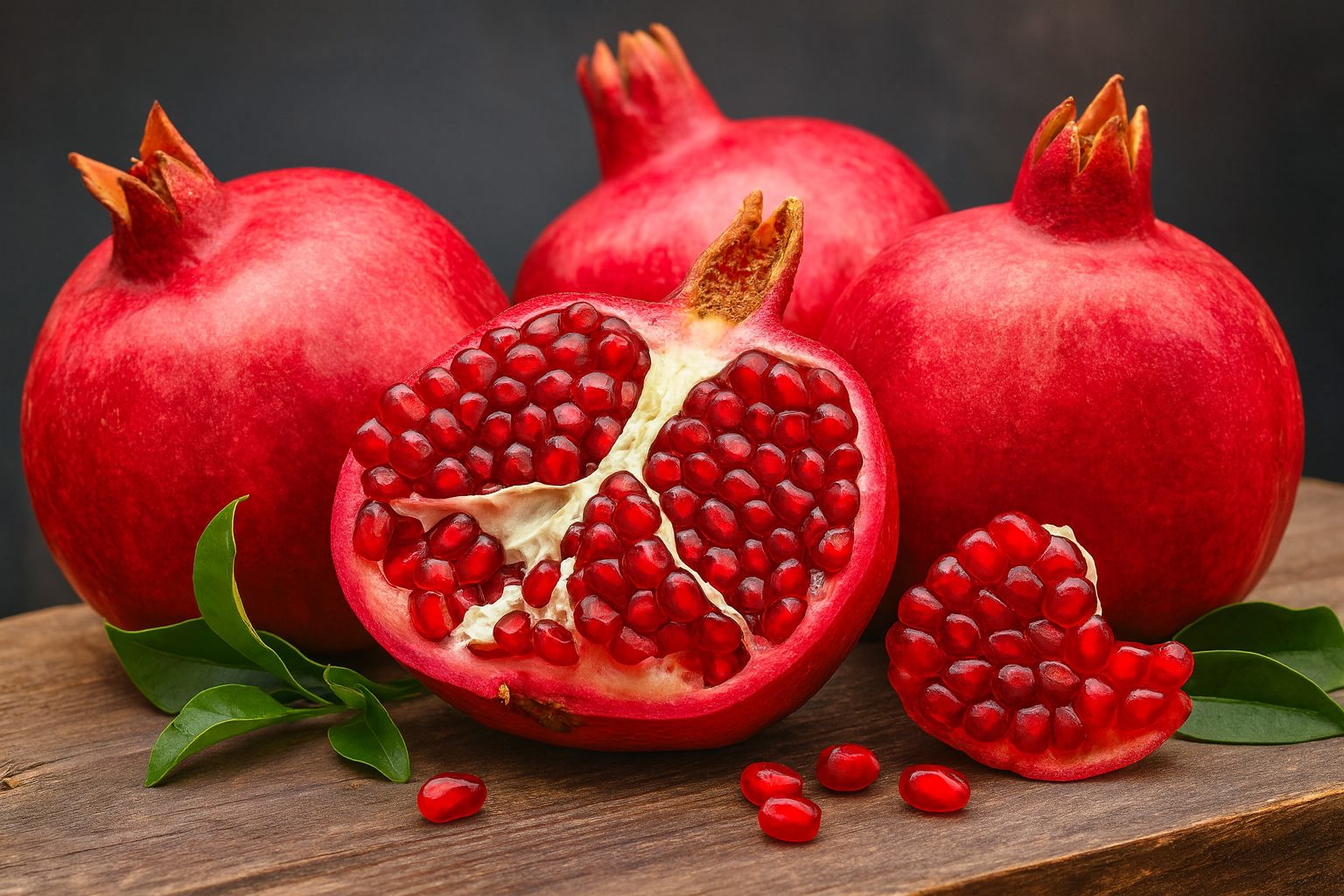
Why Pomegranate Is a Heart-Healthy Superfruit

Surprising Foods That Pack More Vitamin K Than Kale
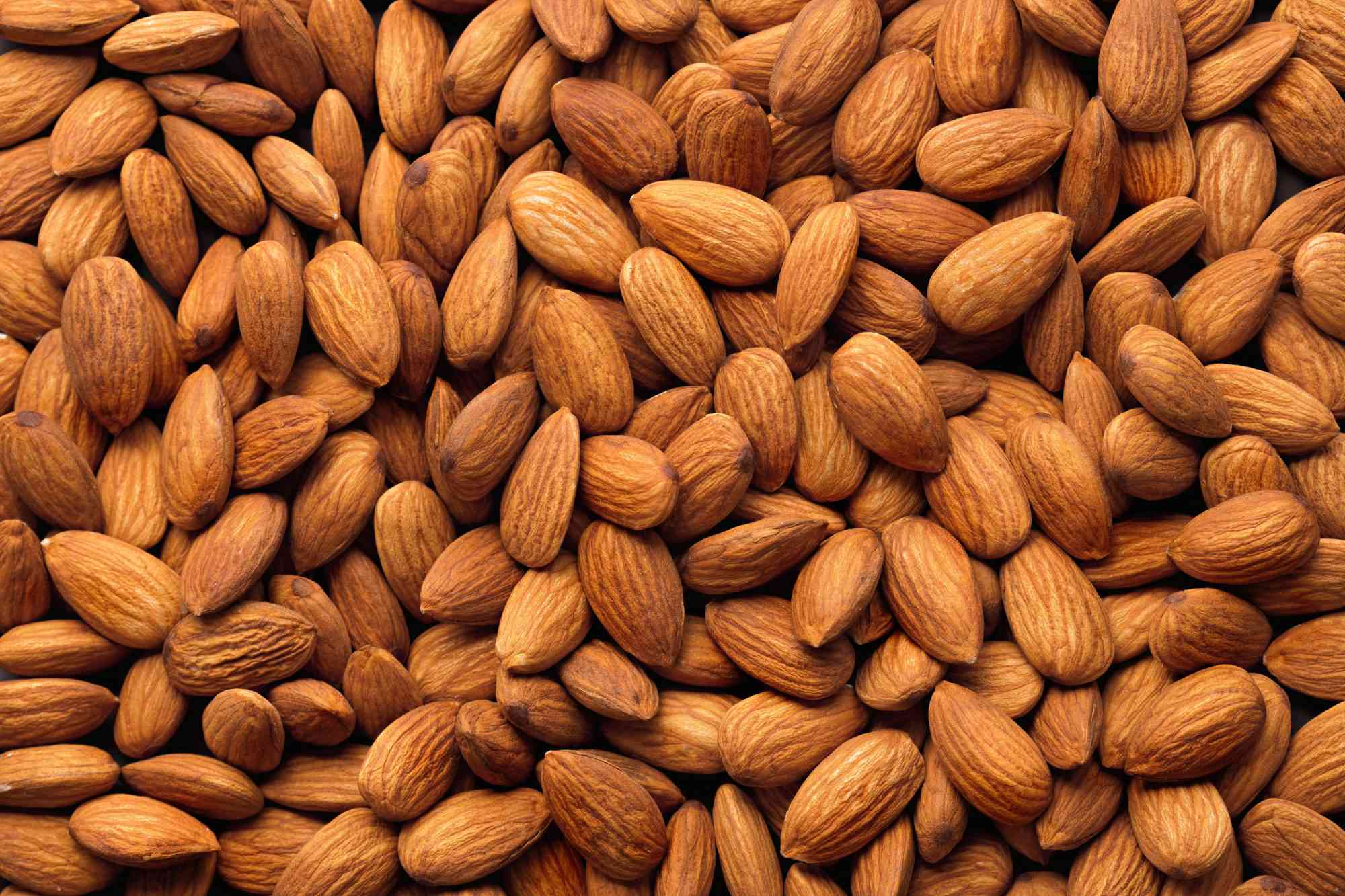
The Goodness of Almonds: 8 Reasons to Eat Them Daily

11 Fruits That Are High in Magnesium
